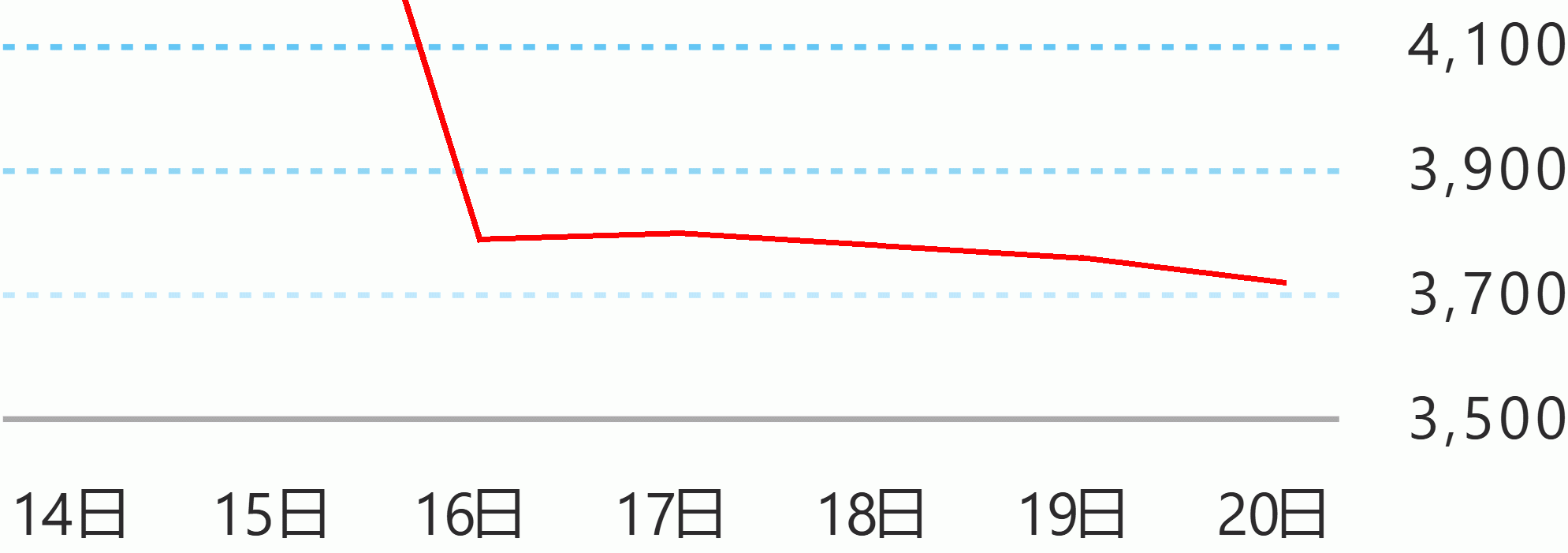Some lawmakers have found the proposed 2019 budget too tight for an election year amid the opposition by the House of Representatives to a cash-based budgeting scheme, the Department of Budget and Management said on Wednesday.
In his regular forum, Budget Secretary Benjamin Diokno said this message was relayed to him by Senator Loren Legarda, chair of the Senate committee on finance, and Davao City Rep. Karlo Nograles, chair of the House committee on appropriations, during their meeting on Tuesday in a move to resolve the impasse on the proposed P3.757 trillion budget.
"They said in an election year, the (proposed) budget is too tight," Diokno said, adding he explained to the lawmakers how the executive came out with the proposed budget for 2019.
Nograles earlier said the congressmen, both from the administration and the opposition, have agreed that under the cash-based budgeting scheme being pushed by the administration, the proposed budget for 2019 was low, resulting in budget cuts on some agencies.
The House, which suspended the hearings on the proposed budget, wants the government to return to the old scheme of obligation-based budgeting.
Diokno said he understood the sentiment of the legislators for a higher budget since 2019 is an election year.
"Maybe during election year, maybe I'm speculating, they want more projects in their districts. That's natural, right? If you're a congressman, you want to impress upon your constitutents, so you need more projects," he said.
Except for the positions of president and vice president, the midterm national and local elections will be held in 2019.
However, Diokno said the executive could not increase the proposed budget as this could affect the target deficit of 3.2 percent of gross domestic product for next year.
He said an increase on the budget for 2019 could only be possible if Congress could determine where to source the fund and a supplemental budget could be passed.
"That's why we cannot agree to higher spending without them identifying the source of funding. The 3.2 (percent) deficit, I think, is if they want for example to increase it to 4 percent, that is sending a wrong signal to the international community. There could be a downgrade (in credit rating), which means higher interest rate for everybody and that's not good for the economy. So we're very careful. With that, deficit 3.2 (percent) is not negotiable," he added.
Diokno also reiterated that the best option for Malacanang is to pass the proposed budget under a cash-based budgeting.
A reenacted budget is only the last option, he said.
Similar to Presidential Spokesperson Harry Roque, Diokno wondered why Nograles changed his tune when it comes to cash-based budgeting when the leadership in Congress changed.
The administration has been pushing for the budget reform bill, which seeks to institutionalize the cash-based budgeting.
Nograles had supported this bill, which was passed in the House. But recently, Nograles was quoted as saying the House wanted to withdraw the bill from the Senate so that they could further study the proposed measure.
"Remember he (Karlo Nograles) was the one who sponsored this bill. He shepherded it. He said it was an excellent measure. Now there was a change of leadership, there's a change of his mind. He considered it now a bad measure. From good to bad, tell me what's the reason?" Diokno said.
While he refused to say that former President and Speaker Gloria Macapagal-Arroyo has a hand in the budget impasse, he, however, called the House leader as the "master of the reenacted budget."
"You know the present Speaker now, GMA, on the nine and a half years that she governed, she had three reenacted budgets. If you remember that. So she is the master of the reenacted budget," he said.
He assured if the government would operate under a reenacted budget next year, there would be no abuses from the executive.
"We won't abuse the power of the executive. The savings will be saved. Some projects can be completed much faster if we augment their budget. But if there are some savings, we will go to Congress for supplemental budget. We expect Congress to appropriate funds. There will be no abuses," he said.
The Department of Budget and Management has spearheaded the cash-based budgeting to cut underspending and to fast-track the implementation of the projects. Celerina Monte/DMS





 English
English









